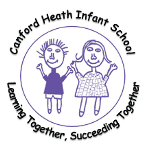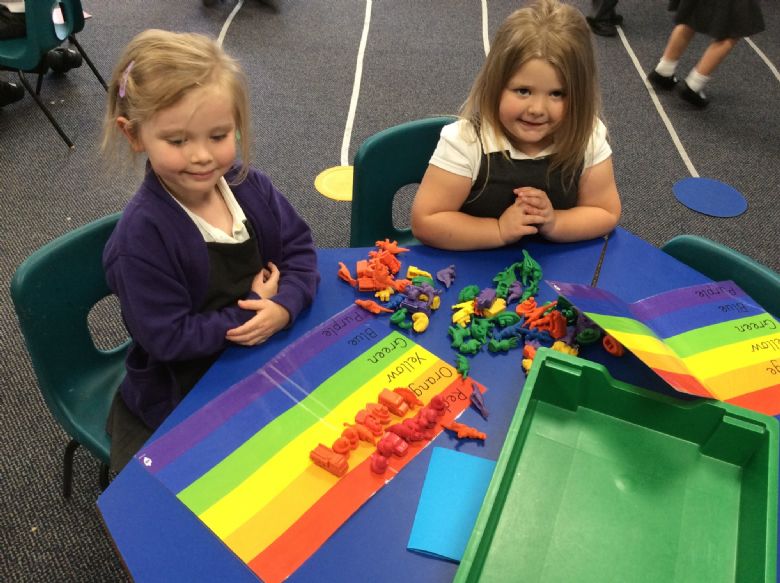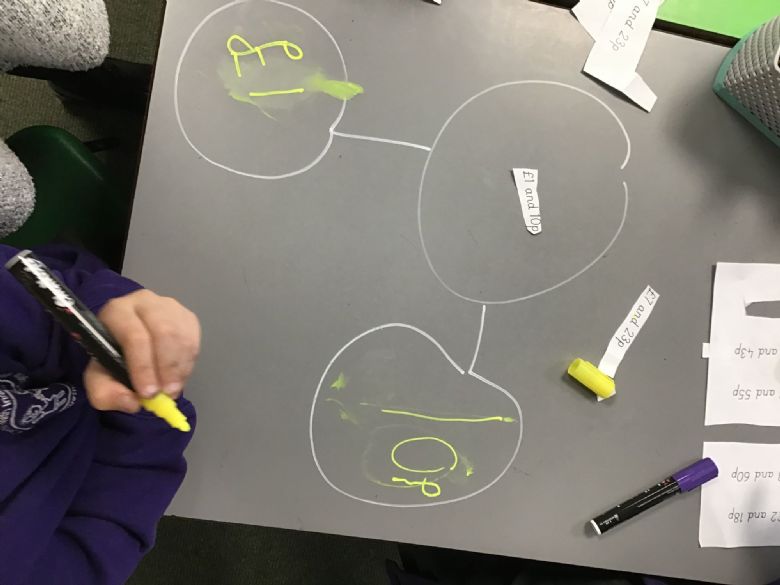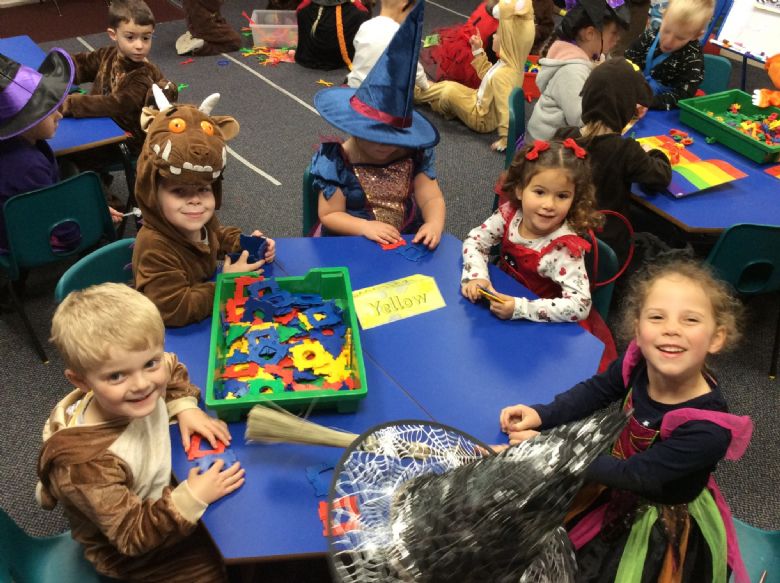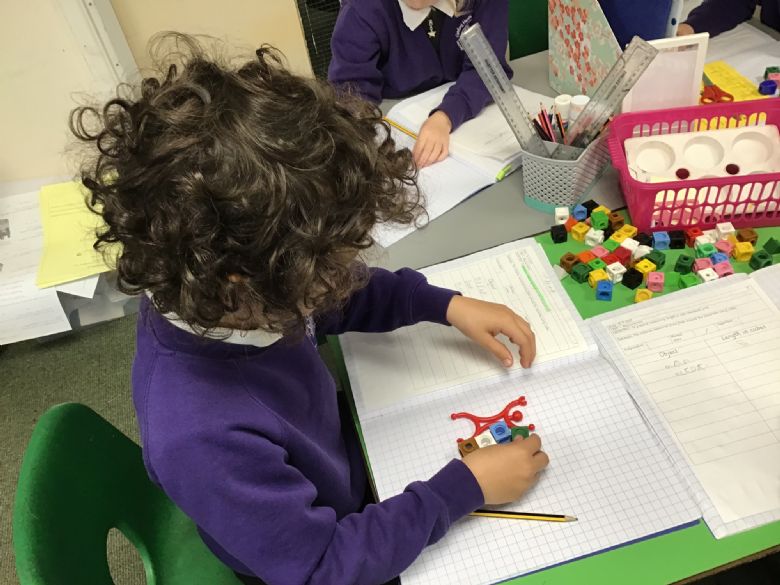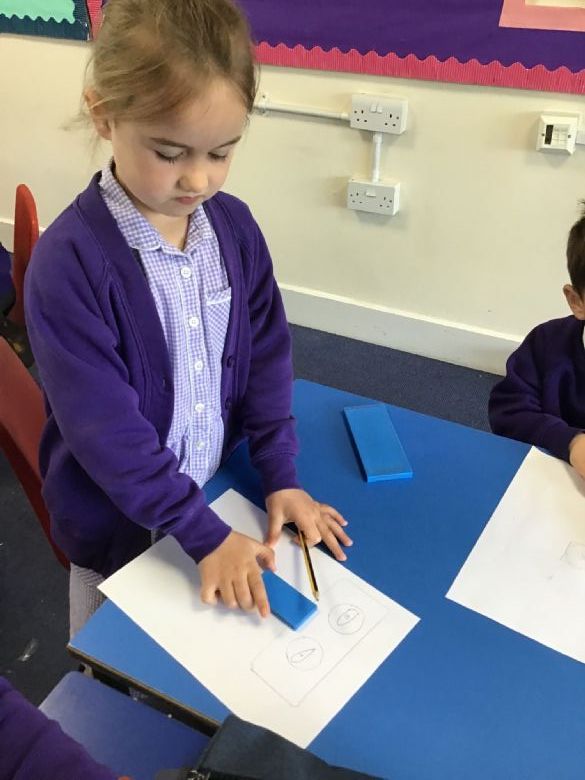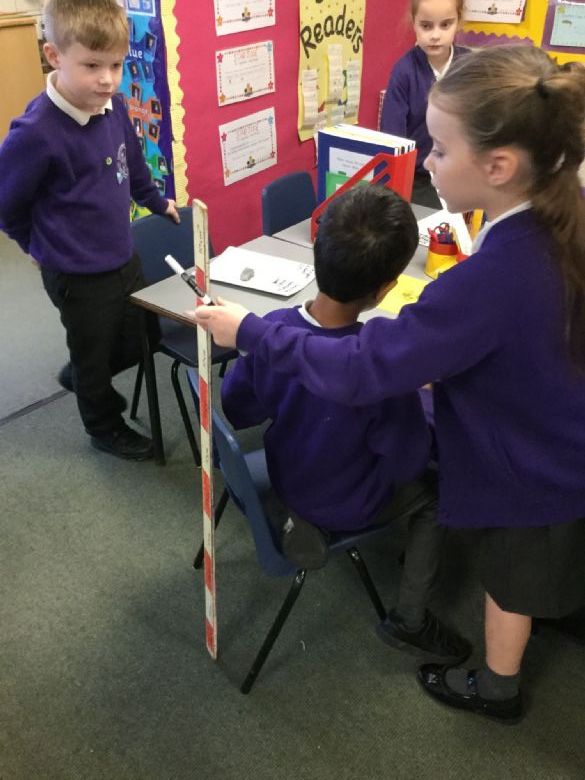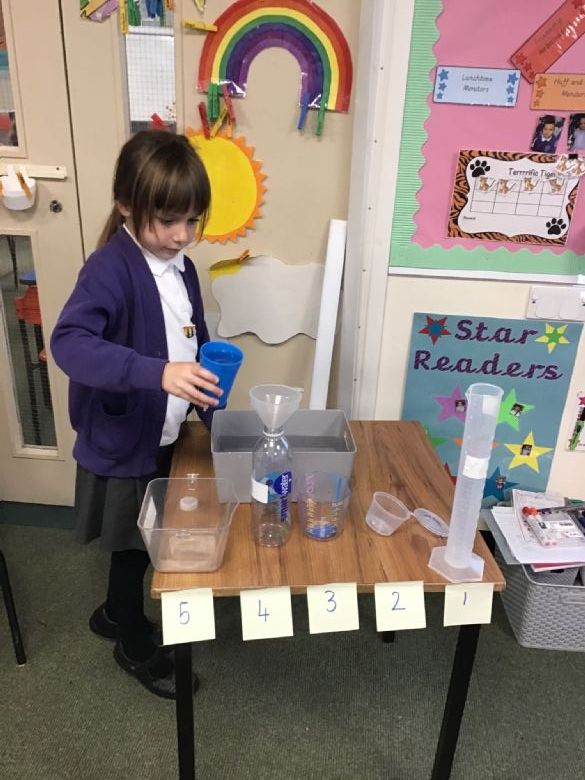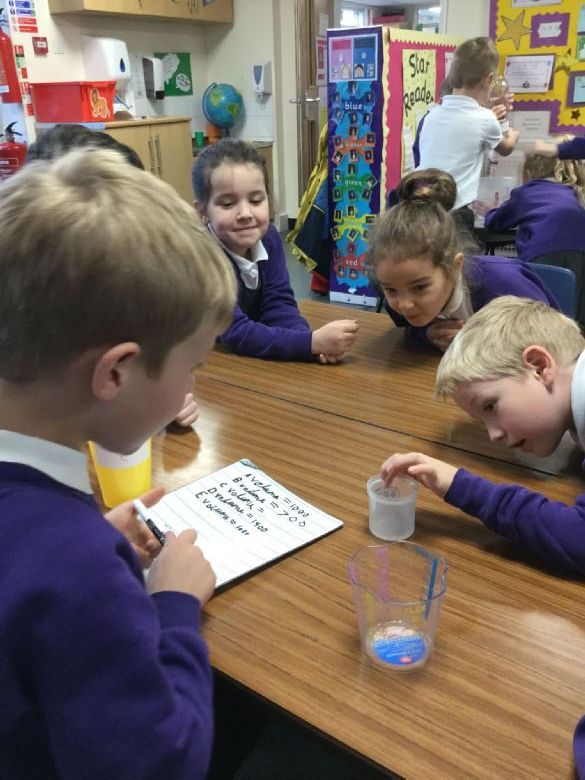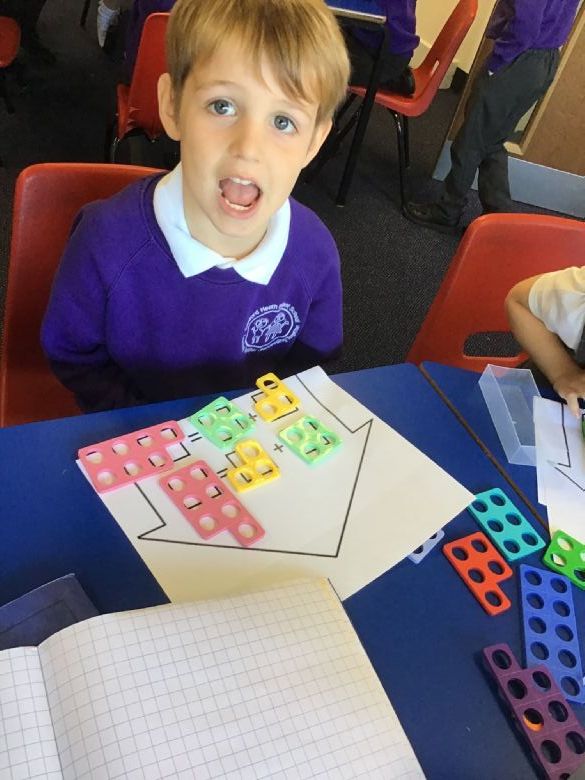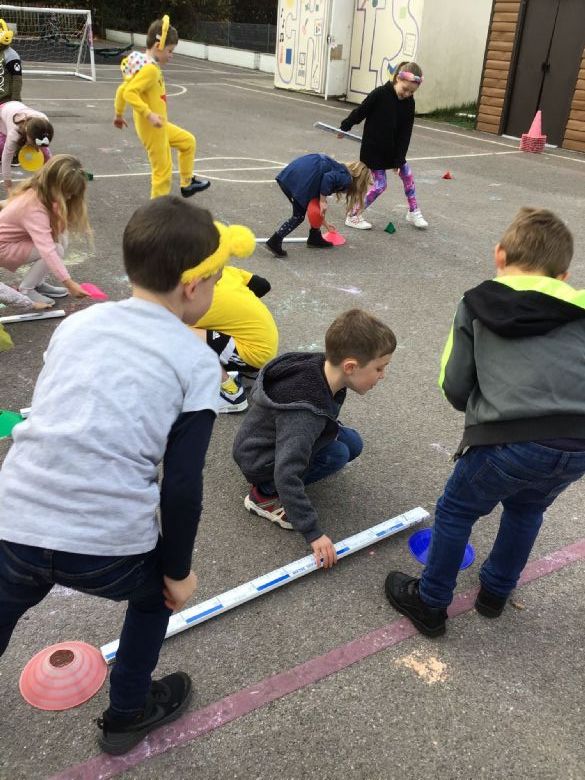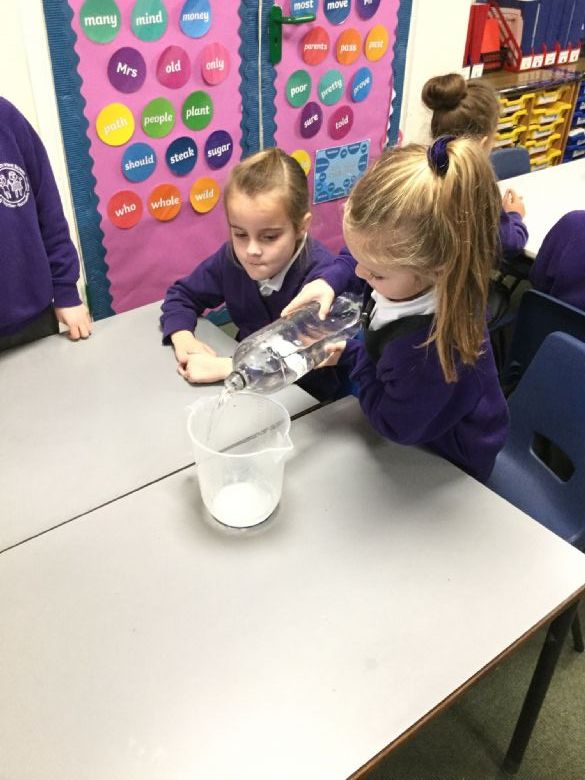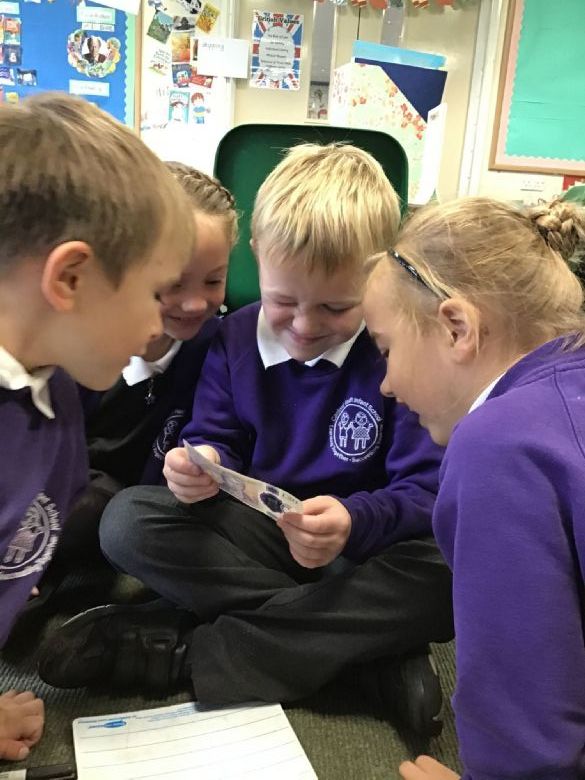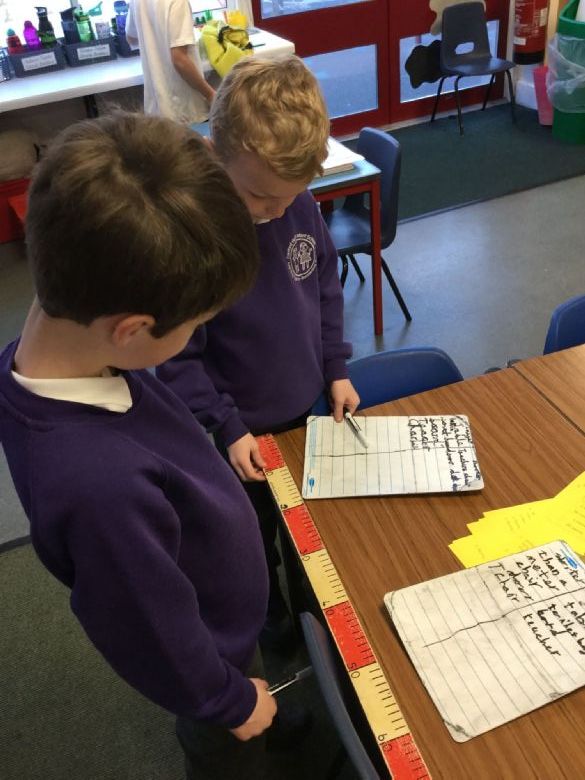Maths
At TEACH, we strongly believe that confidence and competence in numeracy, and other mathematical skills, is a precondition of success across the National Curriculum. Maths continues to be one of the most important areas of learning for your child, and we are fully committed to providing our children with the highest level of math’s provision.
In line with the current National Curriculum, our math’s provision comprises of four areas:
The Fundamentals: the teaching and learning of the skills and knowledge set out in the National Curriculum.
Fluency: this ‘interrupts the forgetting’ by teaching our children to quickly and accurately recall skills and knowledge through varied frequent practice (developing number sense).
Reasoning: this teaches our children to understand a problem fully; know what outcome is needed and to explain their answer. Within reasoning, children are required to learn how to follow a line of enquiry; use relationships and generalisations and develop arguments, justifications and proofs using mathematical language.
Problem solving: this is where a plan, a sequence and method(s) selection is made and conducted in order to solve problems. Problem solving forms part of the reasoning process.
The importance of number sense
Number sense refers to a child’s fluidity and flexibility with numbers. It helps children understand what numbers mean, improving their performance of mental mathematics, and gives them the tools to look at maths in the outside world and make comparisons. Children develop number sense gradually over time and at different rates through exploring numbers, visualising them in a variety of contexts, and relating them in ways that are not limited by formal written methods.
At TEACH, to help our children develop good number sense, we teach fluency every day as part of our math’s lessons and cover the following main areas to help children to spot patterns and manipulate numbers to make calculations easier. This also gives them the confidence to be flexible in their approach to solving problems.
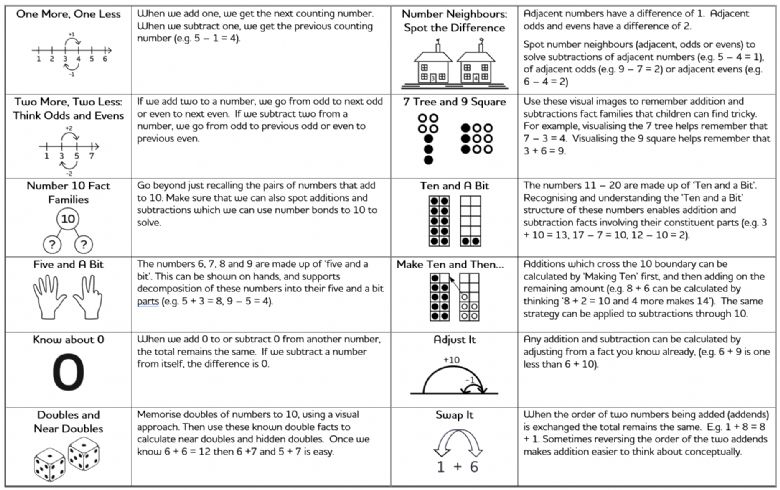
Maths in EYFS and KS1
At TEACH, we ensure that all objectives are covered in each year group using White Rose Maths resources as a reference. This enables us to focus on depth not breath which means we do not rush through the curriculum and we maintain a mastery approach. We cover every topic in detail and ensure that children have a deep conceptual understanding before we move on. We focus on the basics which help us to lay foundations for other areas, by applying what children have learnt previously. Teachers use careful questioning to draw out children’s discussions and reasoning, while independent work provides all children the means to develop their fluency further, by following the Concrete Pictorial Abstract (CPA) approach before progressing onto more complex related problems.
What do our lessons look like?
This is the structure of a typical math’s lesson:
Counting
Every day we spend some time practising our counting objectives. This could be counting forwards or backwards, or counting in multiples of 2s, 5s or 10s.
Subitising
Subitising is when you are able to look at a group of objects and realise how many there are without counting. This only works with small groups of numbers, as we can only subitise up to 5 things.
Fluency
Here we practise prior learning to help children remember and recall automatically. We also cover the areas above to help the children develop number sense.
Problem of the Day
Every day we show the children a problem and discuss how to solve it to help develop their reasoning and problem-solving skills - this is an important part of maths today.
Main Activity
This is the children’s opportunity to apply and consolidate new skills. For each new topic area, we use a CPA approach to embed the learning and ensure the children have a deep conceptual understanding.
Brain Stretchers
This is often a more complex problem related to the learning completed in the main lesson. Often children will have to solve a problem and explain their reasoning behind their answer.
Supporting your child at home
At TEACH Trust, we strongly encourage you to develop your child’s love for maths. This can be achieved through singing songs, chants or rhymes, playing games and helping them with their math’s homework each week. We adopt a growth mindset ethos and teach the children that anyone can learn anything with effort and practise.
Maths workshops for KS1 and EYFS
Every year in EYFS and Key Stage 1, all parents and carers are invited to a ‘Maths Workshop’ where the teachers share ways to develop and improve a range of maths skills. This includes counting, understanding and using numbers, together with calculating and solving simple addition, subtraction, multiplication and division problems. These workshops provide you with the tools to enable you to support your child to achieve their full potential.
Homework
One of the most important ways you can help your child is to spend time supporting them with their maths homework each week. The homework will be a consolidation of learning covered in school each week and not something brand new. This is so your child can independently practise the skills taught that week, however some support may still be required. Completing the homework each week will lead to increased understanding, confidence and enjoyment! If your child whizzes through their homework sheet, we are excited to announce that we have purchased subscriptions to the following online platforms to help support your child’s learning journey! Please encourage your child to access these resources at home.
Education City
Education City is a platform that really brings learning to life with its fun games and interactive learning tools.
NumBots
NumBots ensures that children develop a core understanding of maths from an early age. It focuses on number bonds and subitising to help understanding, recall and fluency in mental addition and subtraction, so that children can move from counting to calculating.
TT Rockstars
Times Tables Rock Stars is a carefully sequenced programme of daily times tables practise aimed to boost times table recall speeds for those children who have progressed to learning their times tables. If appropriate for your child, their teacher will set different times tables to practise throughout the year.
